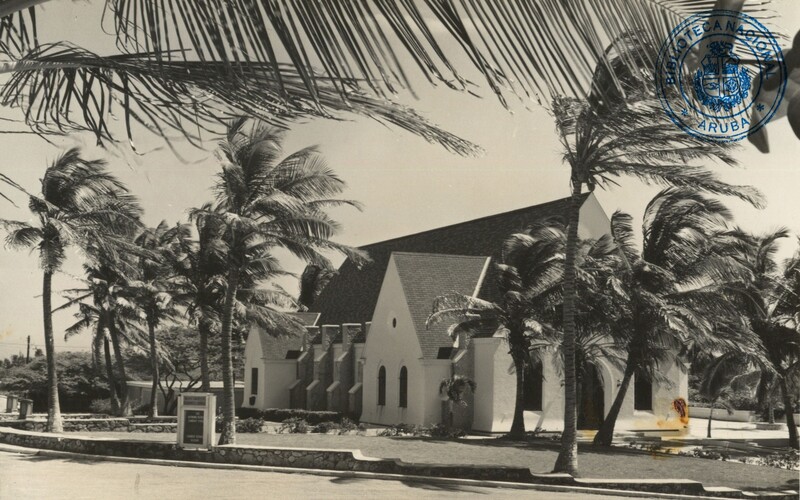It’s important for you to digitally back up your photos and documents, a lesson some countries are putting into practice.
What happened: The small Caribbean island nation of Aruba has been working with the Internet Archive, an American non-profit digital library, to digitize over 100,000 historically and culturally significant documents, images, videos, audio files, and scans of 3D objects.
Catch-up: Since 1996, the Internet Archive has been preserving online information — which is prone to disappearing at, say, the whims of a website’s owner — and making it accessible for free. That makes it well-equipped to preserve digital versions of other materials.
Why it matters: A culture’s physical documents and artifacts are also at risk of destruction by things like severe weather, conflict, or poor preservation practices. Digitization also makes materials more accessible to people who can’t visit a collection in person.
- Aruba’s history of colonization means some materials were scattered across the Netherlands, Spain, the U.S., and nearby islands like Curaçao.
In Canada: The Internet Archive has digitized collections from government, municipal, and university libraries, numbering over 850,000 items. Outside of libraries, the Coalition for Canadian Digital Heritage released its framework for digitizing other materials last year.
Zoom out: If preserving a country’s history isn’t interesting to you, there’s also online archives for pop culture that might otherwise be lost to time, be it live concerts, classic films, or old arcade games.
